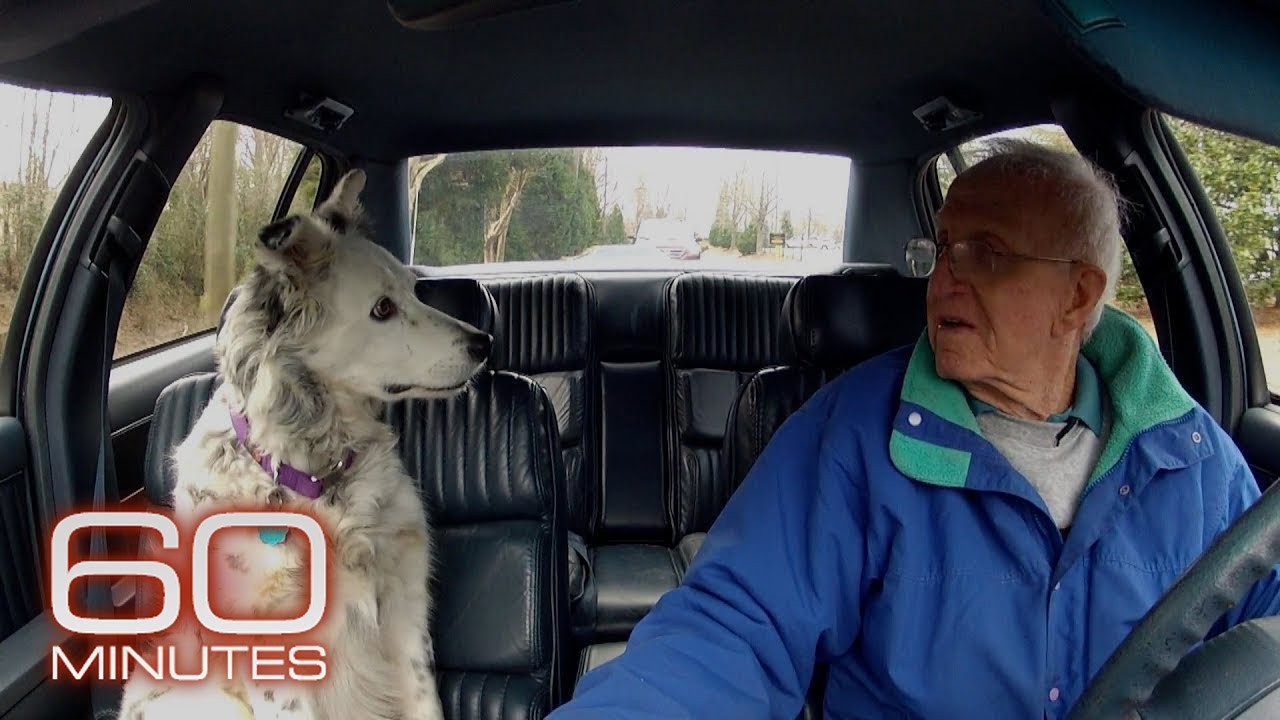
Like humans, pets sometimes need lifesaving blood transfusions. At DoveLewis veterinary hospital in Portland, a dedicated team of canine and feline blood donors helps meet this critical need.
The blood bank program currently includes 94 dogs and 48 cats who regularly donate blood. While the cats require sedation for donations, the dogs participate willingly - many even showing excitement during their visits, like Dolly, a 7-year-old Labrador retriever whose enthusiastic tail-wagging reveals her eagerness to help.
"At DoveLewis, we see many different types of patients," explains Kelsey Reinauer, the blood bank manager. "They can come in with trauma from accidents, wounds, or various injuries requiring blood replacement."
To qualify as donors, dogs must weigh at least 55 pounds, be between 1-6 years old, healthy, and have a calm temperament. They donate every 2-3 months and receive perks like free annual lab work, urgent care visits, and special treats after each donation.
The program creates trading cards featuring each donor dog's photo and details, which are given to families of recipient pets. This personal touch helps recipients know exactly which four-legged hero provided the blood that saved their pet's life.
While most collected blood serves local needs, some travels across the country. Blood from Dolly, who is also a therapy dog, has helped save pets as far away as Florida and Texas.
The need for pet blood donations far exceeds current supply levels. "There's a very large deficit between need and supply in veterinary medicine," notes Reinauer. Cat blood is especially scarce, with sometimes none available in an entire city.
Dogs have multiple blood types, but DoveLewis categorizes them into three main types: universal, positive and negative. Cats have three distinct blood types, with type A being most common at 95% of the population.
During donation, dogs lie still on a table while blood is drawn from their jugular vein - a process taking under 10 minutes. Many donors, like Dolly and fellow therapy dog Rocket, handle it calmly with support from their owners and comfort measures like weighted blankets.
"What I tell owners is that it's a relationship we build," says Reinauer. "Most dogs adapt well and keep coming back." After donation, they're rewarded with baby food treats and toys - incentives that keep tails wagging despite the brief discomfort.
This network of pet blood donors provides an invaluable service, helping save countless animal lives through their regular donations. As demand continues growing, veterinary blood banks actively seek new donor pets to join their lifesaving mission.